Summaries of books about Science & Math:
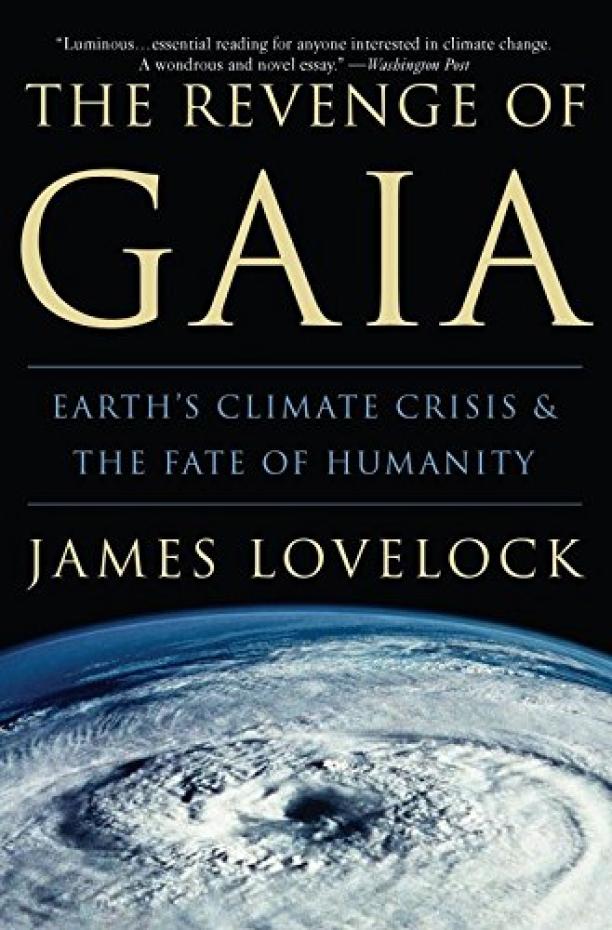
The Revenge of Gaia
Earth's Climate Crisis & The Fate of Humanity
James Lovelock
The book presents the hypothesis that Earth functions as a self-regulating system, akin to a single organism, which is now under threat from human-induced climate change. It warns of the dire consequences for humanity if we fail to recognize and respond to the planet's environmental distress signals, advocating for sustainable living and radical changes to avert disaster.
See full summary
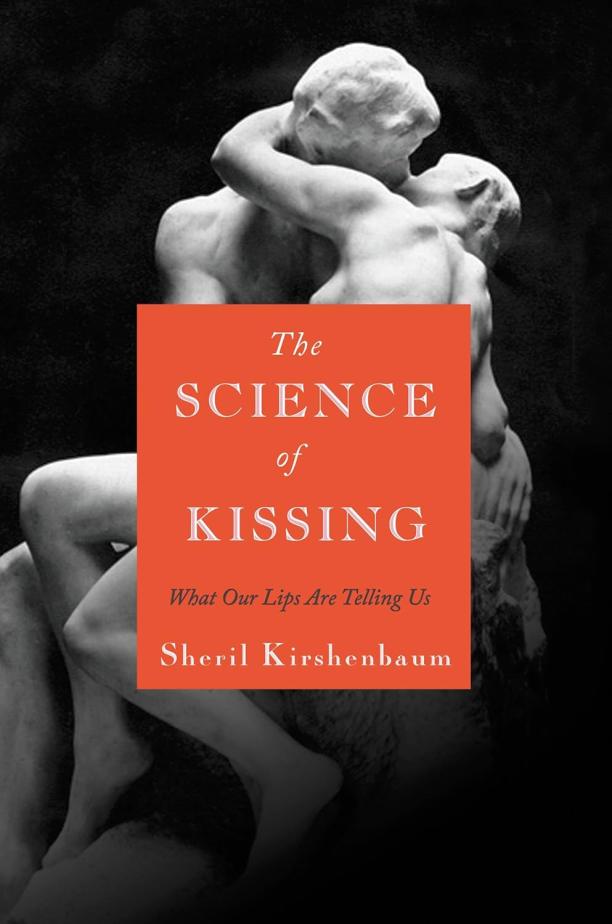
The Science of Kissing
What Our Lips Are Telling Us
Sheril Kirshenbaum
The book explores the history and science behind kissing, examining its role in human relationships and its biological, cultural, and psychological significance. It delves into the various ways kissing is perceived and practiced around the world, drawing on scientific research to understand why we kiss and what it means for our species.
See full summary
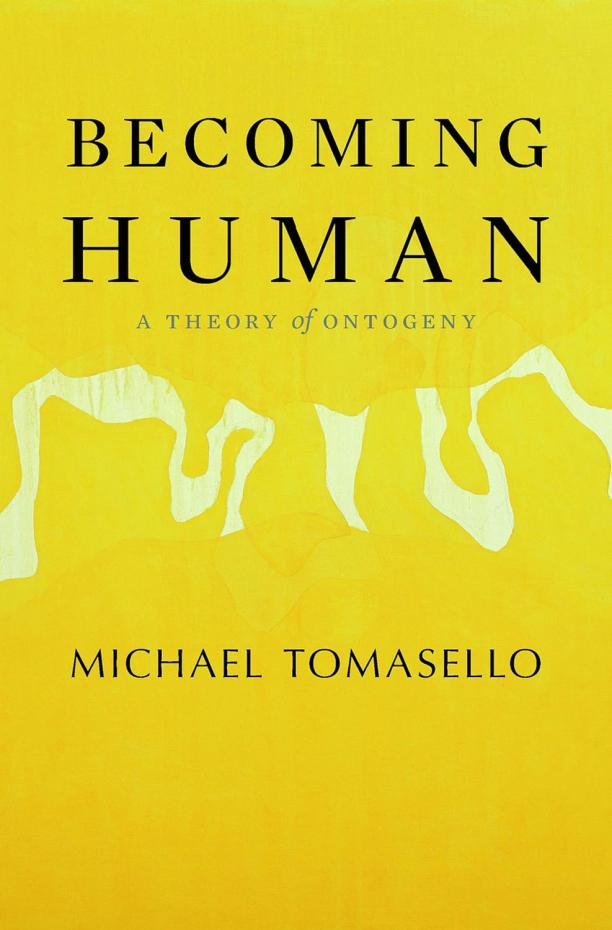
Becoming Human
A Theory of Ontogeny
Michael Tomasello
The book presents a comprehensive theory of human cognitive development, arguing that the unique aspects of human cognition arise from our capacities for collaboration and shared intentionality. It explores how these social-communicative skills evolve during childhood, influencing everything from language acquisition to moral understanding.
See full summary
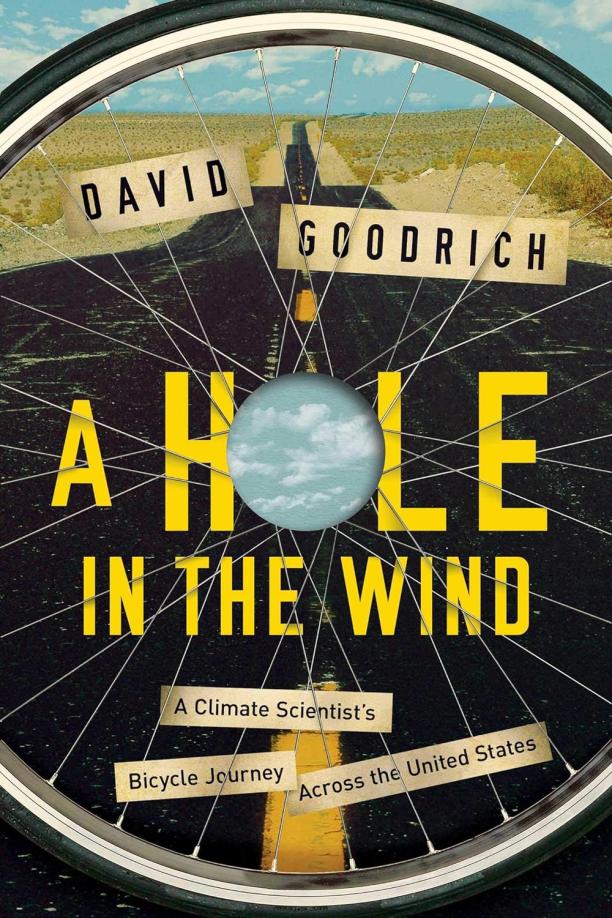
A Hole in the Wind
A Climate Scientist's Bicycle Journey Across the United States
David Goodrich
The book chronicles the author's cross-country cycling journey, during which he engages with diverse Americans to discuss climate change and its impacts. It combines personal travel narrative with discussions on science, policy, and the changing environment.
See full summary
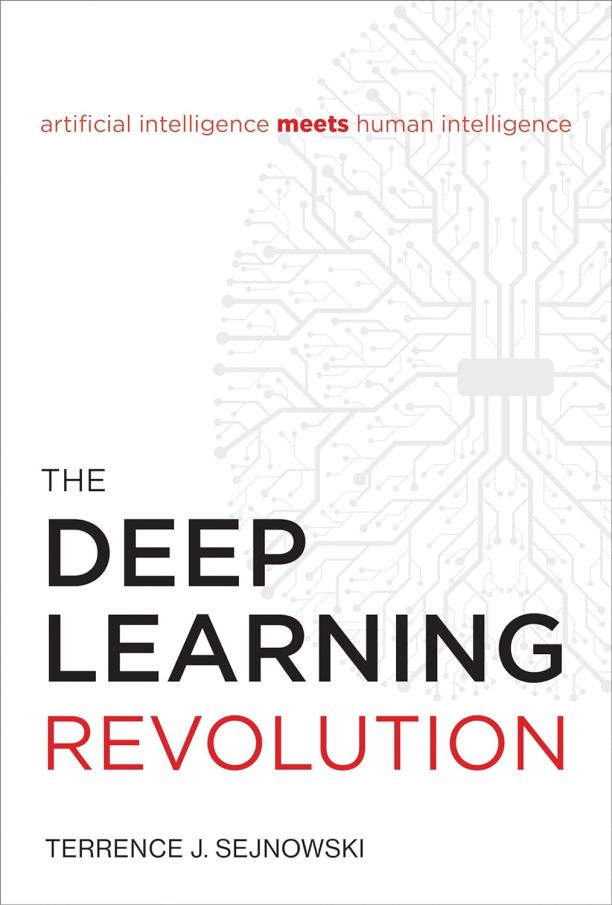
The Deep Learning Revolution
Terrence J. Sejnowski
The book explores the advancements in neural networks and how deep learning has transformed various fields such as vision, language, and games, highlighting its potential and challenges. It delves into the history of artificial intelligence, the development of learning algorithms, and the future implications of deep learning on society and technology.
See full summary
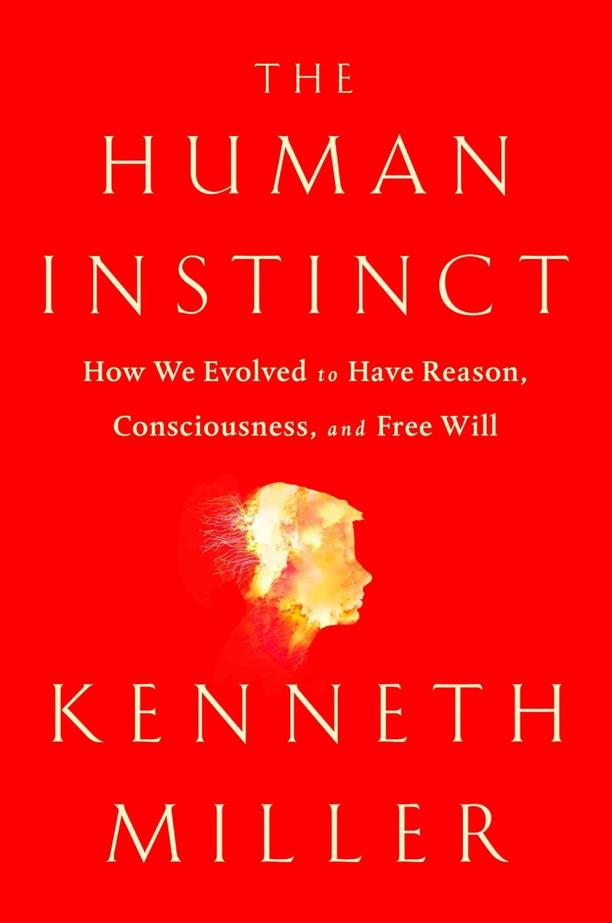
The Human Instinct
How We Evolved to Have Reason, Consciousness, and Free Will
Kenneth R. Miller
The book explores the scientific understanding of human evolution, arguing against the notion that humans are merely the product of random processes. It delves into the development of human consciousness, reason, and the concept of free will, presenting a case for these traits as evolutionary advantages.
See full summary
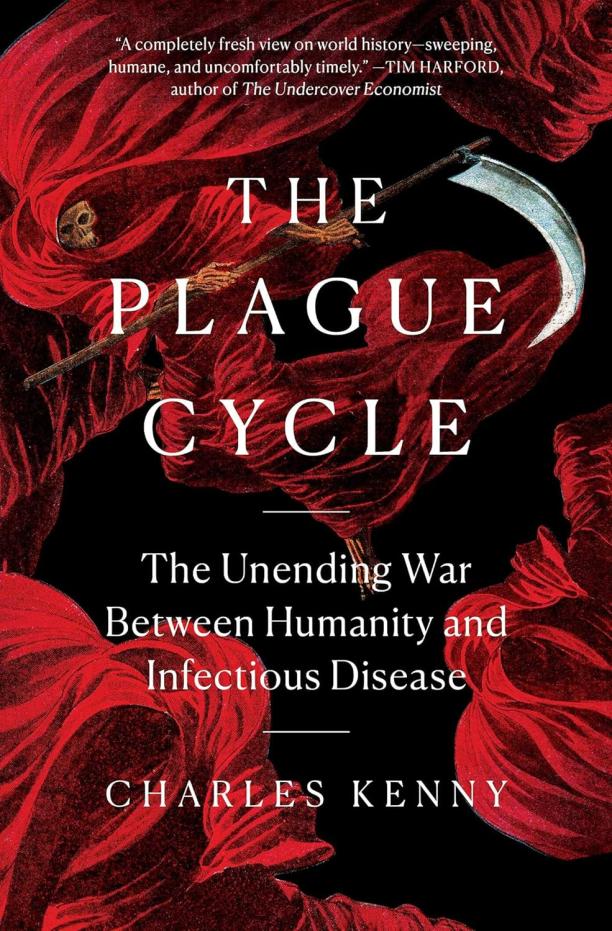
The Plague Cycle
The Unending War Between Humanity and Infectious Disease
Charles Kenny
The book explores the historical relationship between human civilization and infectious diseases, detailing how pandemics have shaped societies, economies, and governments. It also examines the ongoing battle against pathogens, including modern challenges and the potential for future outbreaks.
See full summary
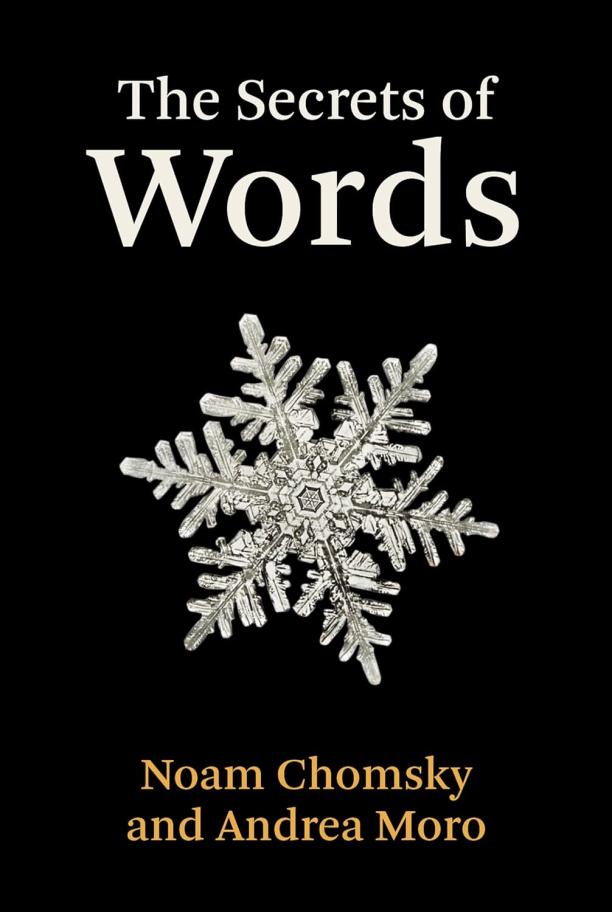
The Secrets of Words
Noam Chomsky|Andrea Moro
The book delves into the intricacies of human language, exploring the cognitive mechanisms that enable the understanding and generation of complex linguistic structures. It discusses the intersection of language with human biology, shedding light on how words reveal the nature of human thought and the architecture of the mind.
See full summary
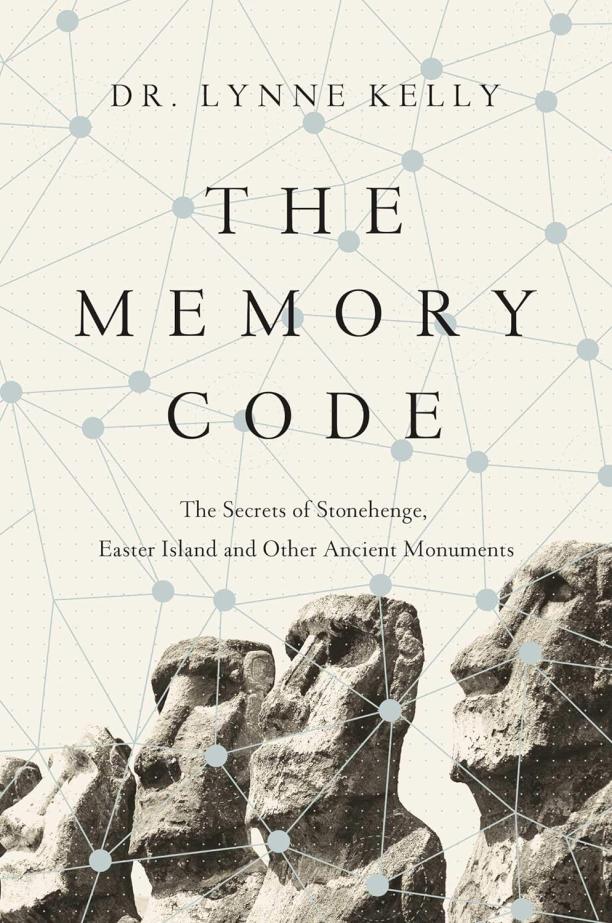
The Memory Code
Lynne Kelly
The book explores traditional memory techniques used by ancient and indigenous cultures, arguing that these methods can be applied to modern learning. It delves into the use of memory palaces, stories, songs, and totems to encode and preserve knowledge across generations.
See full summary

Why?
What Makes Us Curious
Mario Livio
The book explores the nature and science of curiosity, examining both the psychological mechanisms and the evolutionary purposes behind the human drive to ask questions and seek new information. It delves into case studies and interviews with scientists to understand how curiosity manifests and its role in scientific discovery and creativity.
See full summary